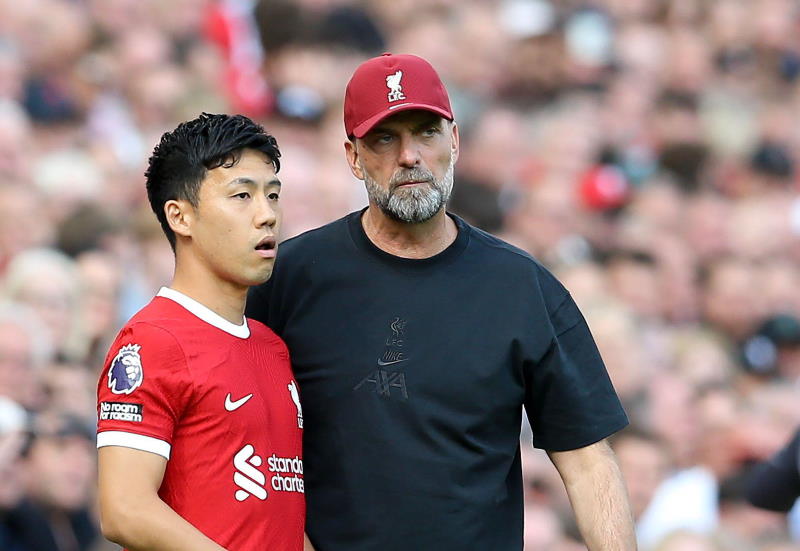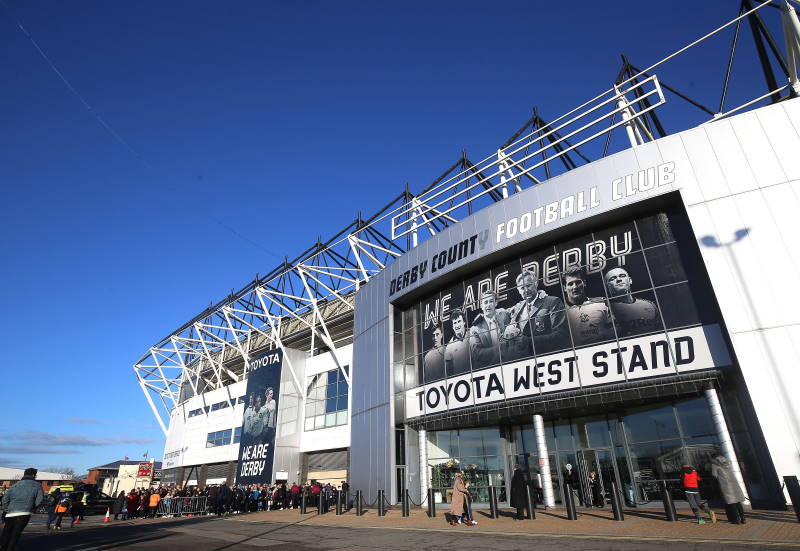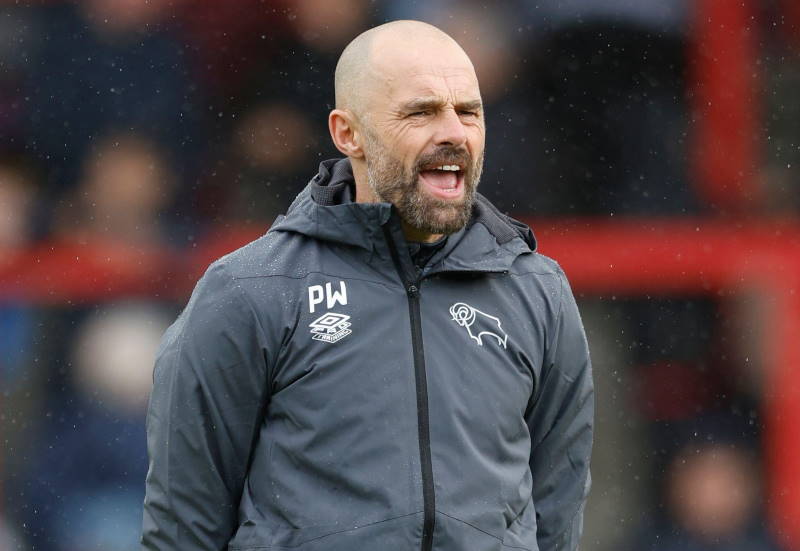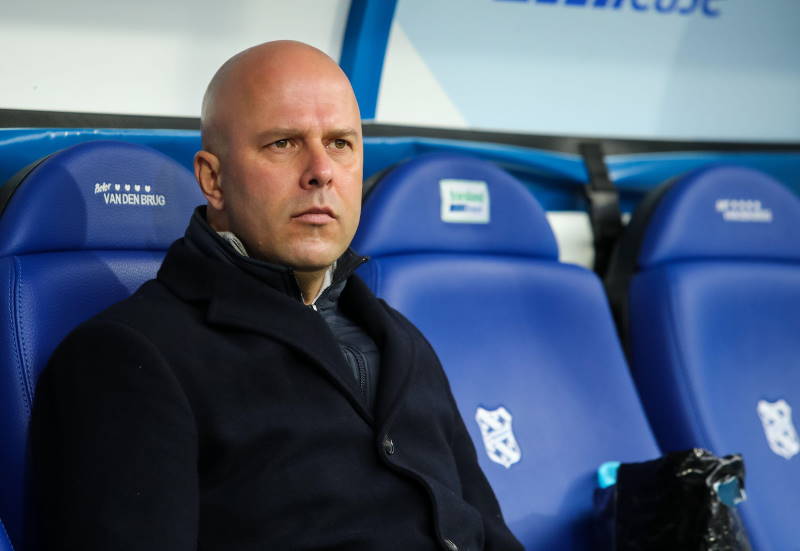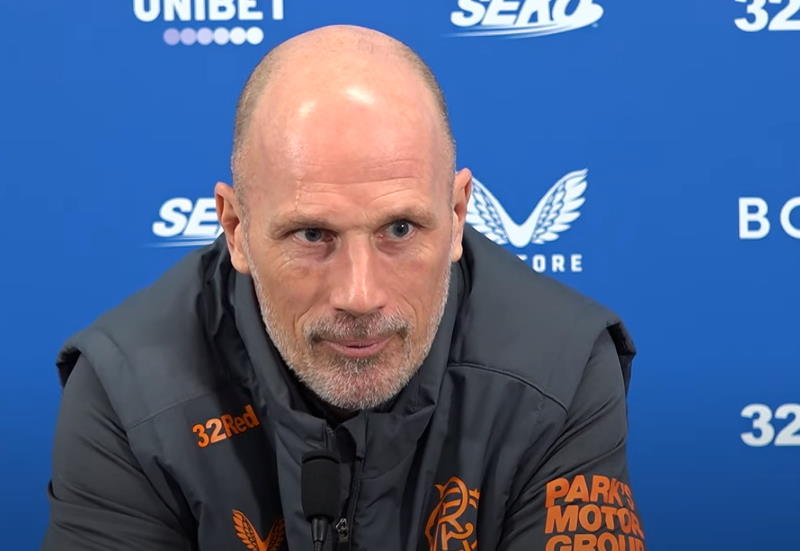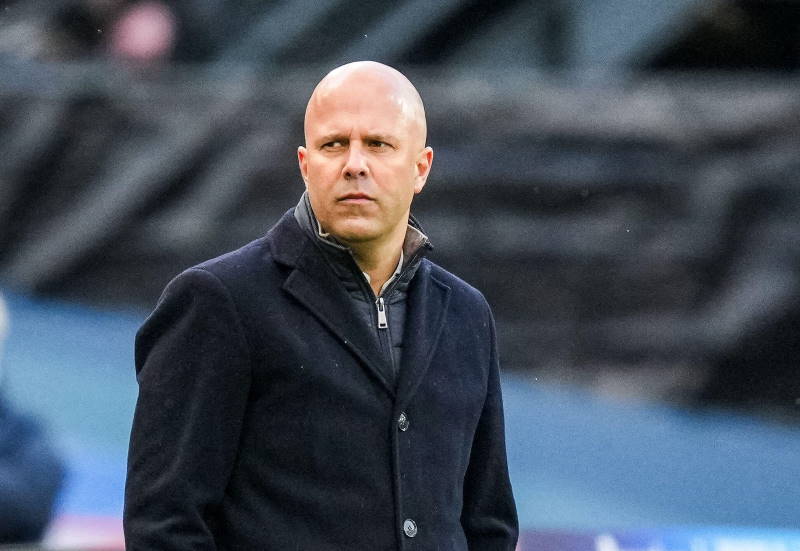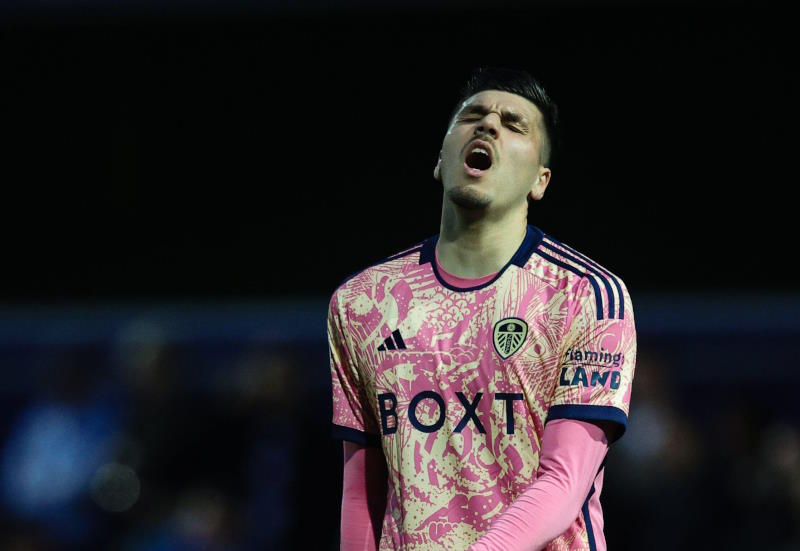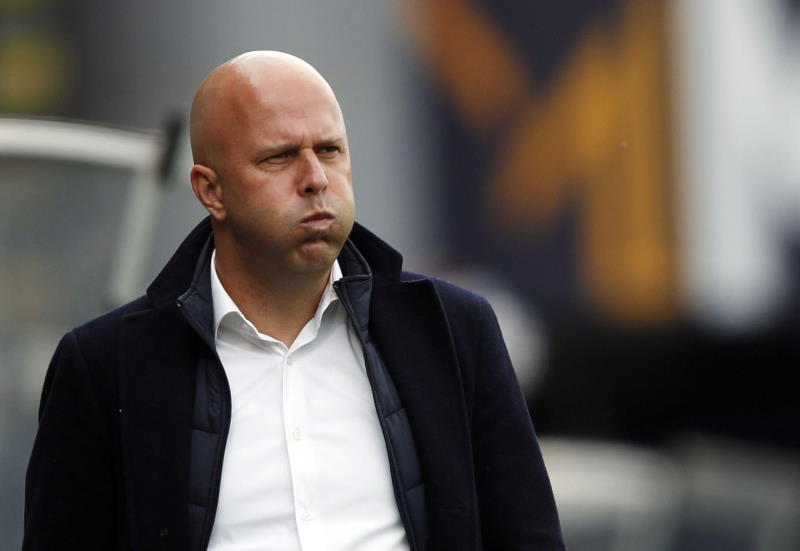
Throughout its 1,000 year history Poland has been used to foreign invasions, though contrary to some popular belief they have not always resulted in defeat. On a few occasions the country has also had to defend itself against multiple-incursions simultaneously.
However, 2012 will go down in history as not only the biggest invasion, where no fewer than 15 European nations will cross its borders from all points of the compass, but they will be welcomed with open, rather than fighting, arms.
Since the game of football became the global phenomenon it is today with the inception of the World Cup in 1930, Poland has been free to determine its own course of action for only 32 of those 82 years.
For exactly half a century the game was either totally suspended because of war, or else forced to function under strict communist regulations where all sports pretended to be amateur. Like everything else in communist Poland, football clubs were owned by the government whilst their players were employed by the state as sham soldiers, policemen, coal miners or railway workers. Under this centralised system it is hardly surprising that no communist country, including Poland’s co-hosts for Euro 2012, Ukraine, could match the democratic and free-market footballing nations of western Europe.
No communist country ever won the World Cup and only the old Soviet Union and Czechoslovakia managed to lift the European Championship. Likewise at club level, a glance at the record books shows that teams from communist countries could not hold a candle to their western counterparts.
When Poland finally got rid of this political system in 1989, Polish football suddenly found itself in a situation which, although normal in capitalist states, was peculiar to countries which had been used to strict socialist rule. The game had to stand on its two own feet and fund itself which meant creating a market economy driven industry from scratch.
It has been a long, slow and difficult process, not helped by the fact that freedom from communist totalitarian rule also meant freedom to travel and work abroad. This factor has seen just about every promising young footballer that Poland has produced in the last 23 years going off to the more lucrative pastures of western Europe.
Only in two former Soviet-bloc countries, Russia and Ukraine, has the game of football managed to attract financing in quantities necessary to keep at least some of the best players at home. And that is thanks only to a handful of mega-rich oligarchs and companies, such as a Rinat Akhmetov and Russia’s biggest company Gazprom, who have bankrolled Shakhtar Donetsk and Zenit St Petersburg respectively to Europa League glory.
Investment in Polish football has been more modest and one of the aims of Euro 2012 is to make it a shop-window for the club game; to attract the kind of money which is needed to maintain a healthy and strong domestic league which in turn can produce clubs to perform well in the European club competitions, as well as players for the national team.
Like its larger neighbour Ukraine, Poland has the population and enough large cities to support a highly-competitive league comparable to almost any in Europe. None of the three magnificent provincial Polish stadiums which the world will see in Euro 2012, at Wroclaw, Poznan and Gdansk, are even homes to the traditional club giants. The potential is there for all to see.
In today’s economic climate, Poland is one of Europe’s success stories and the country will, above all else, be flaunting that fact. But this economic success has somehow evaded the football industry and that is why the Poles hope that Euro 2012 will also attract financial investments, from wherever.


